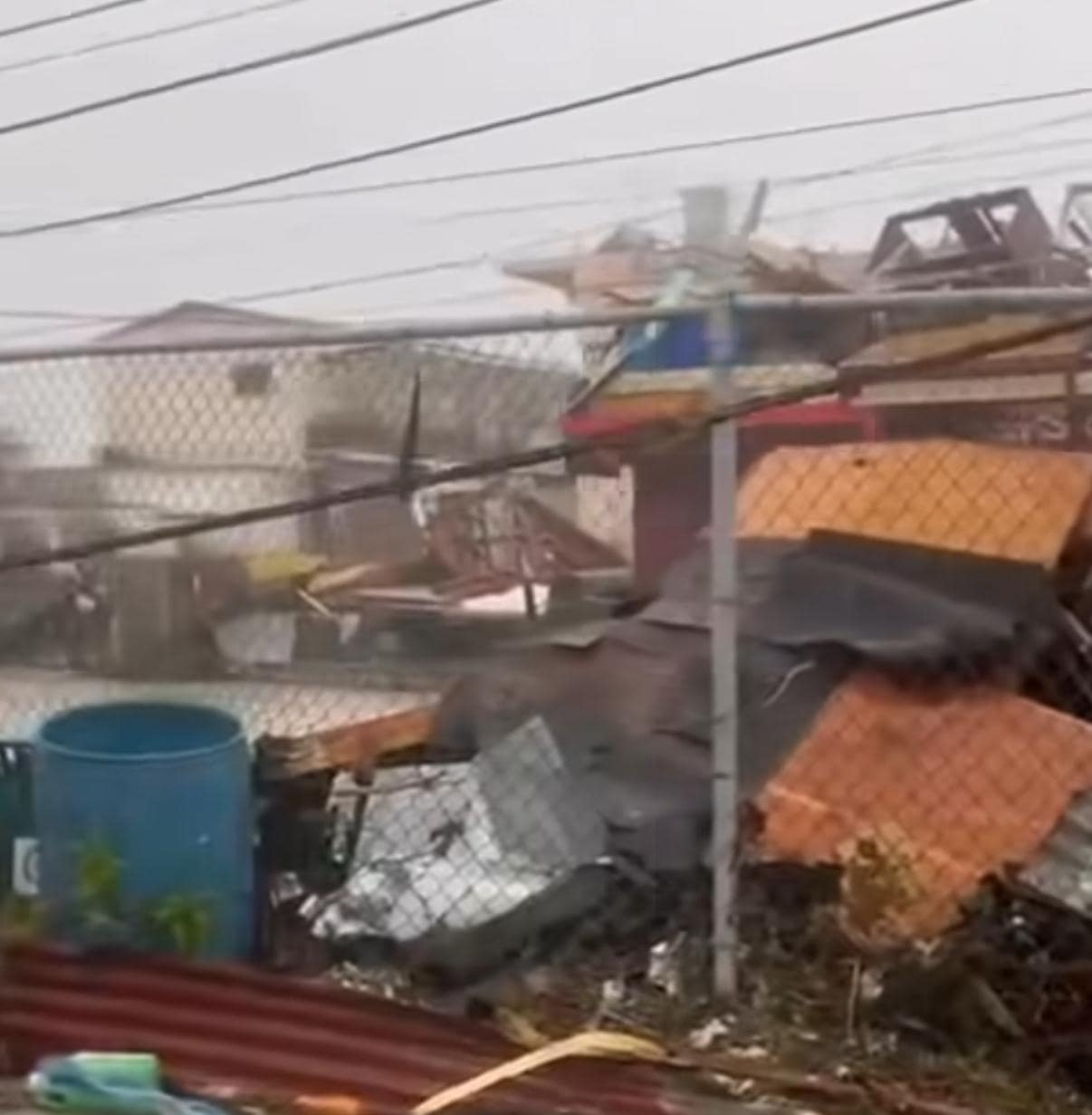Jamaica is grappling with unprecedented devastation after Hurricane Melissa, the most intense storm in the island’s recorded history, unleashed its fury overnight. The hurricane left a trail of destruction, crippling power and communication networks across the nation. Journalist Nick Davis painted a grim picture of the aftermath, reporting catastrophic flooding, mudslides, and extensive roof damage. He likened the force of the winds to palm trees being ‘tossed like toothpicks,’ underscoring the storm’s ferocity. In Montego Bay, Local Government Minister Desmond McKenzie disclosed that parts of the city were entirely isolated as rivers surged up to five meters. Critical infrastructure, including hospitals and government offices, was inundated, forcing the evacuation of a homeless shelter. Rescue operations are ongoing but face significant challenges due to blocked roads and downed power lines. While no fatalities have been confirmed, communication with several parishes remains limited, raising concerns about the full extent of the damage. Amid the chaos, moments of hope emerged. McKenzie shared that three babies were safely delivered during the storm, one of whom he affectionately dubbed a ‘Melissa baby.’ He hailed these births as a testament to Jamaica’s resilience ‘even in the darkest hours.’ Hurricane Melissa has since moved on to Cuba, where it brought torrential rain and storm surges with winds reaching 185 km/h. The storm is now tracking northeast toward the Bahamas and Bermuda, prompting authorities to issue warnings for destructive winds and coastal flooding. In Jamaica, residents have begun the arduous task of clearing debris and checking on neighbors, showcasing the community’s enduring spirit of unity in the face of disaster.
Jamaica reels from Hurricane Melissa as island suffers historic devastation
